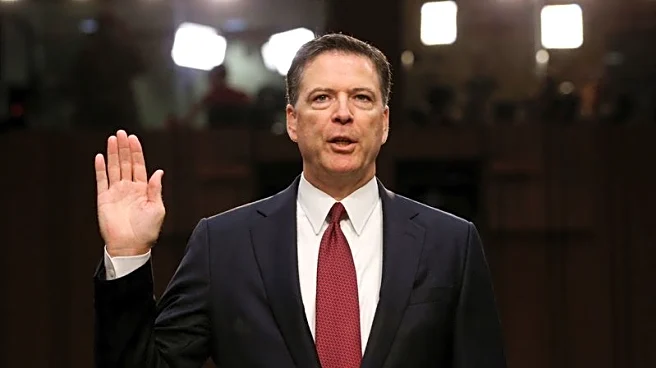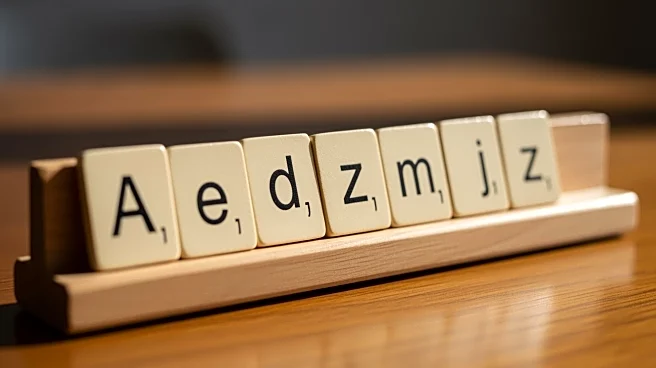By Andrew Goudsward
WASHINGTON (Reuters) -Former FBI Director James Comey on Thursday expanded his legal challenge to a Trump administration criminal case accusing him of making false statements, saying
his testimony was truthful and would not substantiate the charge.
In a legal filing, Comey’s lawyers said his 2020 Senate testimony was “literally true” and prompted by ambiguous questions from Republican Senator Ted Cruz of Texas.
“Fundamental to any false statement charge are both clear questions and false answers,” Comey’s lawyers wrote in the filing. “Neither exists here.”
The filing is Comey’s latest attempt to have the charges thrown out before a trial. He has pending challenges arguing the U.S. attorney who brought the case was unlawfully appointed and that he is being unfairly targeted because of Trump's "personal spite" against him.
A Justice Department spokesperson declined to comment. Prosecutors are due to respond to Comey’s claims in court filings next month.
Comey is accused of lying during the hearing when he said he stood by prior testimony that he had not authorized anyone at the FBI to be an anonymous source in news reports about investigations into President Donald Trump and his Democratic rival in the 2016 election, Hillary Clinton. Comey has pleaded not guilty.
The former FBI director, who investigated alleged ties between Trump’s 2016 campaign and Russia, was the first of three of Trump’s perceived political enemies to be criminally charged in recent weeks.
The Justice Department also brought charges against New York Attorney General Letitia James, who filed a civil fraud lawsuit against Trump while he was out of power, and Trump’s former national security adviser John Bolton, who has publicly said Trump is unfit to be president.
Comey’s case was brought by Lindsey Halligan, the top federal prosecutor in the Eastern District of Virginia. Halligan, a former personal lawyer for Trump with no prior prosecutorial experience, was put in the role at Trump's urging after he forced out her predecessor, who was reticent to charge Comey and James.
Thursday's motion takes aim at the substance of the allegation that Comey’s statement to Cruz was false.
Cruz, in questioning Comey about disclosures to the news media, discussed the role of Comey’s former top deputy, Andrew McCabe, in leaking information to the Wall Street Journal in 2016. But the indictment accuses Comey of authorizing a different associate, identified in court filings as former FBI special employee and law professor Daniel Richman, to act as an anonymous source.
Comey’s lawyers argue that Comey could reasonably have interpreted Cruz’s questions to relate only to McCabe and not generally to anyone at the FBI. Comey has previously testified he did not know about McCabe’s disclosure to the Wall Street Journal until after the article was published.
(Reporting by Andrew Goudsward; editing by Scott Malone and Cynthia Osterman)










